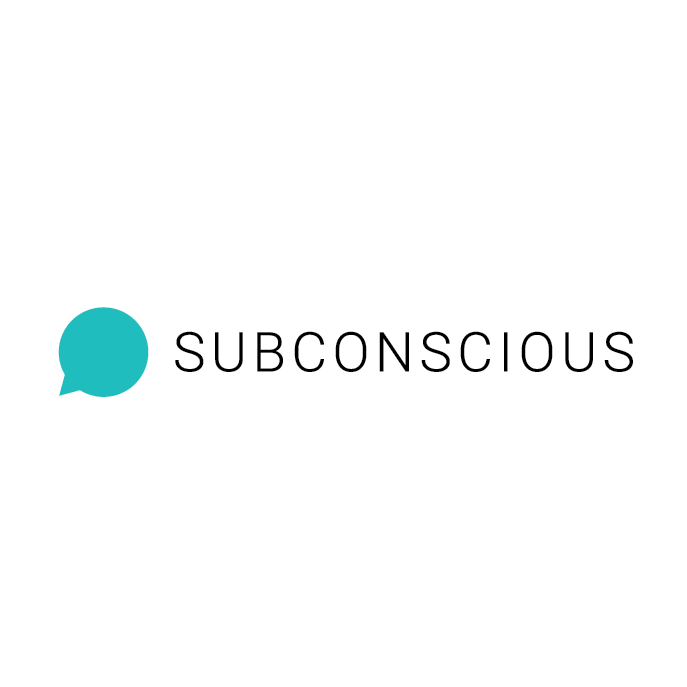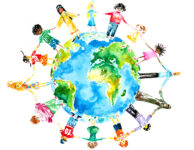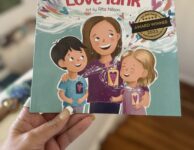Social Media and the Future of Mental Health: An Interview with Dr. Denise
It was an honor to be interviewed by Jennifer Chiang at SUBCONSCIOUS. We are living at a time in history when kinder communication is essential to our collective well-being.
~Dr. Denise

Social Media and the Future of Mental Health: An Interview with Dr. Denise
JENNIFER CHIANG April 19th 2019
With more and more of our communications going online, it sometimes may feel like we as a society haven’t fully figured out how to communicate effectively with one another over text or email. This unfortunately has negative mental health consequences – from increased rates of loneliness to more common misunderstandings between people. How can we foster better communication practices that are more mental health positive in the modern era?
To talk more about this and learn about her journey to become an influencer herself, Subconscious had the honor of speaking with Dr. Denise McDermott, M.D., a medical doctor with board certifications in both Adult and Child Psychiatry and recent speaker at His Holiness’ Body, Mind, and Life Conference. We previously got to learn from her in our recent posts about caring for the whole person and “One Love Thinking”.
Dr. Denise’s absolute passion is bridging science, spirituality and psychology which inspired her to launch an educational mental health website DrDeniseMD.com in 2016 now reaching a global audience of over 100,000 people. Learn more about Dr. Denise at https://www.drdenisemd.com. We highly recommend her podcast!
—
Jen from Subconscious: What do you think of mental health in today’s society, particularly regarding the rise of technology, and how did that inspire you to become an influencer yourself?
Dr. Denise McDermott, M.D.: There’s a real disconnect in society now. People sometimes think they are on their own in the world and they get lonely particularly in this age of online communication. 99% of the time, people are going to communicate very differently if they’re face to face with someone than when they are texting someone or interacting over social media. We also need more positive social media.
Since the late nineties, there’s been an increase in suicide rate in every age group in the United States except for I think women in their seventies. While we can’t do an exact correlation, the late nineties is when the internet took off. I think that there’s a parallel process of mankind almost not being ready to have access to the ability to communicate so much with one another and people not knowing how to self regulate and take sensory breaks to take good care of their own mental health.
I’m not against social media. I’m not against YouTube, Facebook, or Twitter. Those mediums are here to stay. For example, my son, he’s like “Oh my gosh, Mom, I want my YouTube channel and I want to get this many likes.” We have to, as a society, face that our children are being raised with iPhones and iPads and that therefore we’re losing a bit of that human connection. So we need to provide the proper tools so that our children and everyone can have meaningful ways of communicating with one another.
A lot of people might have thousands friends on Facebook or thousands of followers, but they could still feel very empty. Real human relationships is almost like a modern day crisis. And for those people who are struggling with anxiety or depression, it’s even harder because a lot more people are feeling lonely these days.
—
This issue is very important to me and I’m so passionate about this. I love my private practice, but I felt like I had to be an influencer. I have to step into my power because I want to leave a legacy.
If we don’t realize the power of our words, thoughts and actions and we don’t have a way to self regulate, it could be detrimental to society. I wish there were classes taught in school about what’s an appropriate thing to say in a text, or hit pause before you do this, or the importance of eye contact and developing real, deep relationships.
You know how we’re taught in school – if you catch on fire, stop, drop and roll, right? I want to have mnemonic like “stop, pause, be personal” because you have to remember before you send off that quick text or if you get emotional.
People are addicted to responses in real time. If at a very young age, all you’re doing is playing video games and you’re winning or you’re getting all these likes on Youtube, you’re just getting conditioned to “me, me, me.” There’s no longer this level of interconnectedness that honors the true human spirit.
I’m going to give you an example. I just relaunched my podcast and when I was interviewing guests and it was about some tough stuff, before I conducted the interview – and this is my own way, so I’m not telling anyone how to do this – I have my Tibetan bowl and I say a prayer. I knew that I was going to discuss something tough and I believe that the energy is immortal and that there’s energy and influence that goes on. I’m not telling other people what to believe, but I integrated my understanding of the universe with the way I do interview; so there’s ways of having a real emotional connection to someone when you’re interviewing with them that’s beyond just feeling like you’re just asking interview questions.
Millennials grew up with this media, but we need to figure out better solutions especially given the increased rates of suicide, depression and loneliness. There are many gifts to social media like we’re able to communicate with the world, but I don’t think we’ve figured out the kindness etiquette just yet.
So I think if everyone had a very respectful way – before they text someone, check their social media – to say, “I’m going to approach today with the highest level of kindness and respect for myself and for others.” If people even just had a comment like that in their mind, they’re going to make different choices on the way they communicate and they’re going to feel much better about themselves.
His Holiness the Dalai Lama talks about it as your mental hygiene. For example, if someone texts you an unkind thing, it’s having the inner thought process of “maybe we should pick up the phone right now because we’re having a misunderstanding and my relationship means so much with you that I want to make sure that you hear my tone of voice.” In fact, I do something that I call Denise-isms, where I have the audio recorder and I just hit the button and say, “Hi, I just want you to know I’m thinking of you. I hope you’re well.” I add these personal touches because people matter to me.
I built a brand for myself because I was so passionate about changing the way we think, talk and act about mental health and different ways of kindness that I decided I got to jump right in to meet the millennials and everyone where they’re at. If I have all this knowledge and wisdom and love and I don’t step in and I don’t spread a positive message or have different ways to reach people, then I’m not going to be able to make the global impact I want to make.
The way we talk about mental health makes me wish that we had programs for children starting at a very young age where they can talk about their neurostyle. For example, say we’re in first grade and someone comes in and talks about neurostyle and tells us that we all have our different styles and that that’s beautiful. One person might want to talk a lot, one person might be shy. One person might get worried when they go to a party, one person might love it. If we just normalize that different mood states and different ways to process and perceive the world were just part of life in a way that was non-stigmatizing, I think people would reach out for help when they’re starting to have depression or severe anxiety or OCD sooner and they wouldn’t suffer as long.






